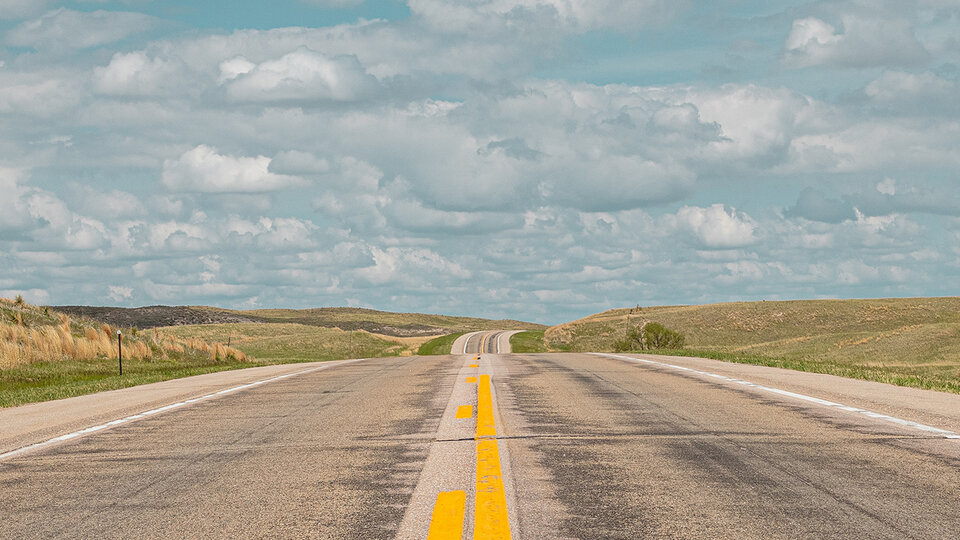Rebecca Nagle: "By the Fire We Carry"
Winner: 2025 Stubbendieck Great Plains Distinguished Book Prize
Rebecca Nagle talks about her book, "By the Fire We Carry: The Generations-Long Fight for Justice on Native Land" (Harper Collins Publishers, 2024), winner of the 2025 Stubbendieck Great Plains Distinguished Book Prize from the Center for Great Plains Studies. Nagle is an award-winning journalist and a citizen of Cherokee Nation living in Oklahoma. She is the writer and host of the podcast "This Land."
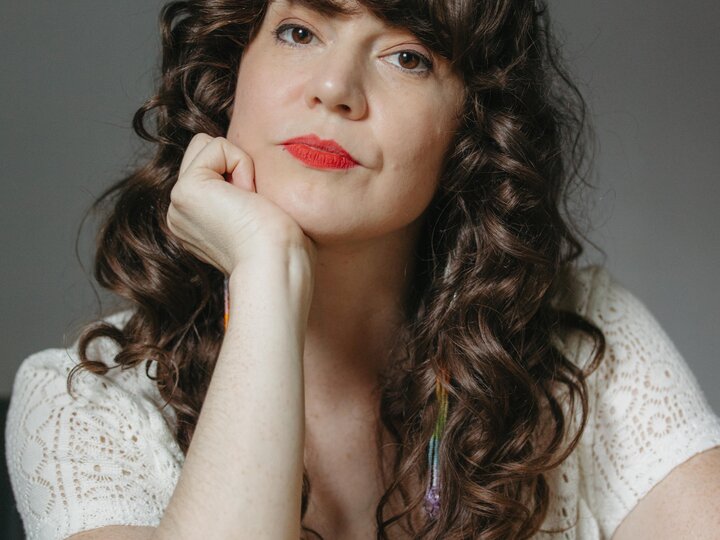
Nebraska Government and Politics
In this episode, we talk with the co-editors of the new edition of "Nebraska Government and Politics," a book that provides background and context to the origins of Nebraska's political culture and institutions. Robert Blair is a professor emeritus at the School of Public Administration at the University of Nebraska at Omaha. Christian Janousek is an assistant professor in the Department of Political Science and International Relations at Creighton University, and Jerome Deichert is director emeritus for the Center for Public Affairs Research at UNO.
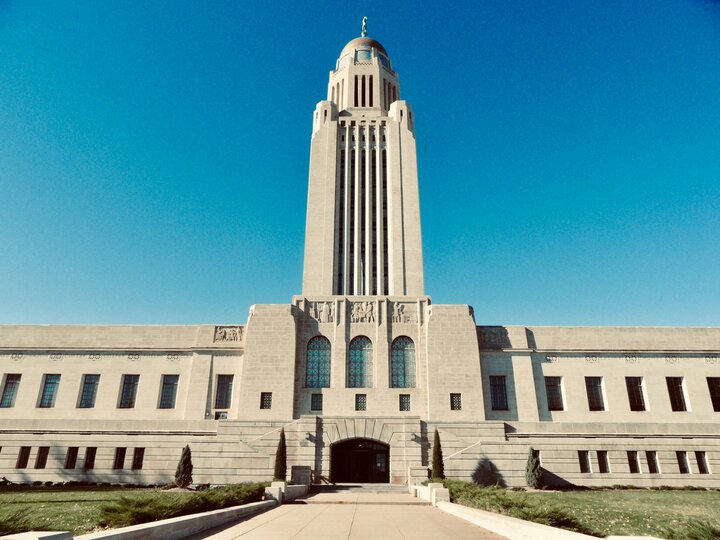
Tabitha Hughes: Tracking Elk in Nebraska
Great Plains Anywhere talks with Tabitha Hughes, a doctoral student at the University of Nebraska's School of Natural Resources. Hughes is the lead author on a new study tracking the movement of elk in Nebraska, published in the journal of "Biological Conservation." We talk about the history of elk in Nebraska, where they're located now, and how they migrate through the area. Hughes is a doctoral student of Professor John Benson, who is also working on the project.
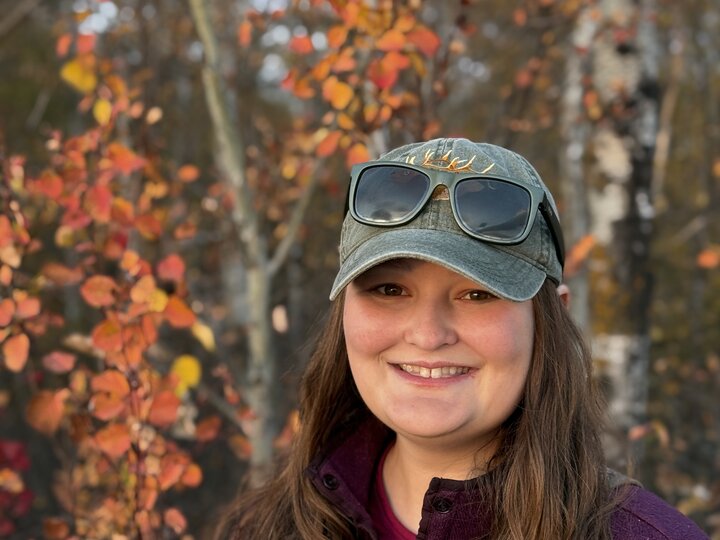
Big Gumdrop Outdoors
Meet Elijah Riley, Founder & Executive Director, and Kyndal Hudson, Operations Director, with Big Gumdrop Outdoors, a new Nebraska non-profit dedicated to educating underserved youth about nature. Big Gumdrop Outdoors is the Center for Great Plains Studies' new Community Partner in Residence, a new program designed to promote greater collaboration between the Center and community organizations in the Lincoln area that engage in some way with the mission of the Center.

Pride in the Plains: Wichita's Queer History Project
A team from Wichita State University's Department of History is documenting queer history in Wichita, Kansas, in a new photo history book from Arcadia Publishing. Dr. Jay Price, chair of history of WSU has overseen a series of photo history books about different historical topics in the region, with the newest one focused on the deep history of the LGBTQ community in Wichita. Our student storyteller Kaitlyn Richards talked with Dr. Price along with graduate student Derek Landwehr and Center of Wichita's Chair Brent Kennedy about this project, which will release in June 2025. This is the final episode of our student storyteller's podcast takeover, thanks for listening to Pride in the Plains this semester. We'll return soon with more Great Plains Anywhere.
Listen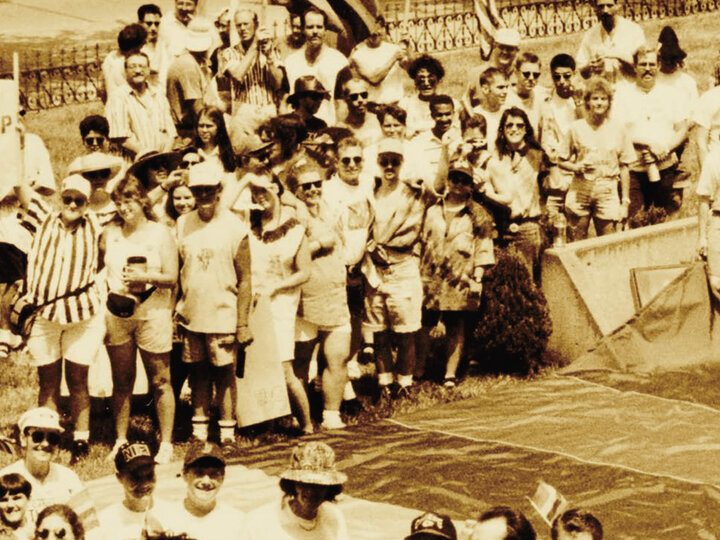
Pride in the Plains: Mixoge (Sacred Person)
Cory DeRoin speaks about his experience as mixoge, an Otoe word translated as "sacred person" — someone who possesses a masculine and feminine spirit. DeRoin, a proud member of the Otoe-Missouria Tribe and the Bear Clan, is the current mayor of Red Rock, Okla., and is deeply committed to supporting tribal communities culturally, spiritually, and economically. DeRoin’s volunteer work includes volunteering with the Pawnee Seed Preservation Society, where he aids in corn harvesting in Oklahoma and Nebraska. His career and volunteerism reflect his lifelong mission to uplift tribal communities, and he remains dedicated to advancing their growth and visibility across Indian Country.
Listen
Pride in the Plains: Advocacy for All
Student Storyteller Kaitlyn Richards' podcast takeover continues with an interview with Mar Lee (they/them). Mar is a Nebraskan who has spent years organizing and advocating with community members across the state on issues related to queer liberation, food production and access, sexual and domestic violence prevention, and much more. Hear about their journey from a growing up in a rural community to becoming a force for advocacy in Nebraska in this episode. Mar responded to Kaitlyn's call for for people to tell their story of life as an LGBTQ+ person living on the Plains.
Listen
Pride in the Plains: Finding and Fighting for Love
Student Storyteller Kaitlyn Richards' podcast takeover continues with an interview with Jennifer Lentfer, a poet and artist as well as a communications strategist. Jennifer responded to Kaitlyn's call for for people to tell their story of life as an LGBTQ+ person living on the Plains and spoke about finding her person and living in the region.
Listen
Pride in the Plains: Found Family
During the spring semester, Great Plains Student Storyteller Kaitlyn Richards is doing a podcast takeover! Instead of our regular Great Plains Anywhere episodes, she is hosting Pride in the Plains, a podcast dedicated to amplifying queer voices across the often-overlooked Great Plains region.
We asked our audience to share their stories of being LGBTQ+ on the Great Plains, so this episode features our first community interview with historian and artist Autumn Langemeier (she/her).
Listen
Pride in the Plains
For the spring semester of 2025, our Great Plains Student Storyteller is doing a podcast takeover! Kaitlyn Richards is a masters student in the School of Natural Resources at UNL. This semester, she is hosting Pride in the Plains, a podcast dedicated to amplifying queer voices across the often-overlooked Great Plains region.
Listen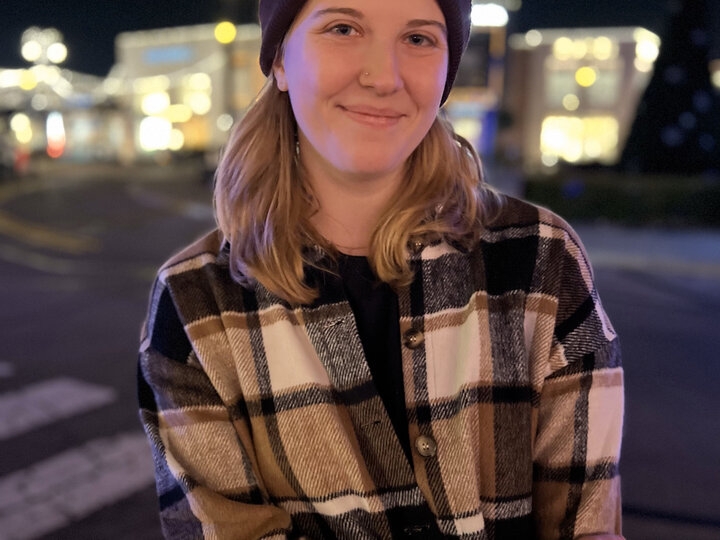
John DeLong: Predators
In this episode, we talk with Dr. John DeLong about his work studying climate adaptation and predator-prey interactions, tracking how both adapt and evolve to better fit their surroundings, from the smallest microscopic creatures to large birds of prey. Dr. DeLong is an Associate Professor of Biological Sciences at the University of Nebraska-Lincoln and is also the Director of the university's Cedar Point Biological Station.

Stephen Bridenstine: The Flint Hills
Stephen Bridenstine, assistant director of the Flint Hills Discovery Center in Manhattan, Kansas, talks about what the Flint Hills are, who cares for the land, and how people can experience this unique landscape. The Discovery Center's mission is to inspire people to celebrate, explore, and care for the Flint Hills with an array of exhibits and programs meant to educate about the geology, ecology, and cultural history of the area.
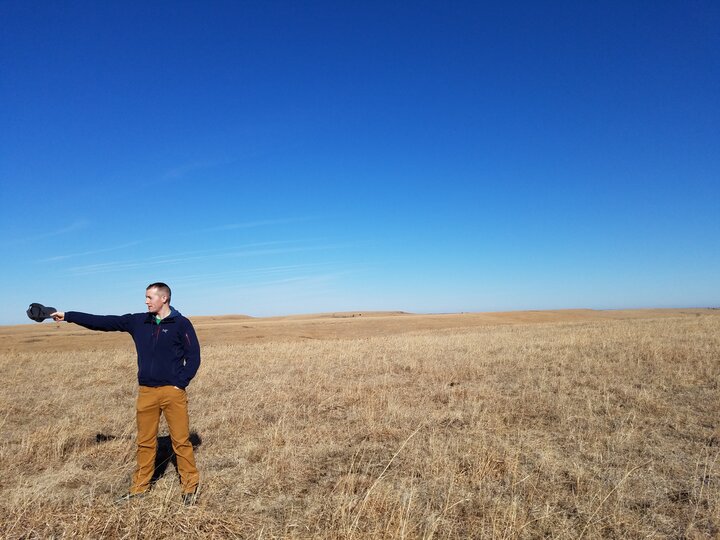
Rosalyn LaPier: Ethnobotany
Rosalyn LaPier is an award winning Indigenous writer, environmental historian, ethnobotanist, and professor at the University of Illinois. She works within Indigenous communities to revitalize traditional ecological knowledge, to address the growing climate crisis, and to strengthen public policy around Indigenous languages. LaPier is an enrolled member of the Blackfeet Tribe of Montana and Métis.
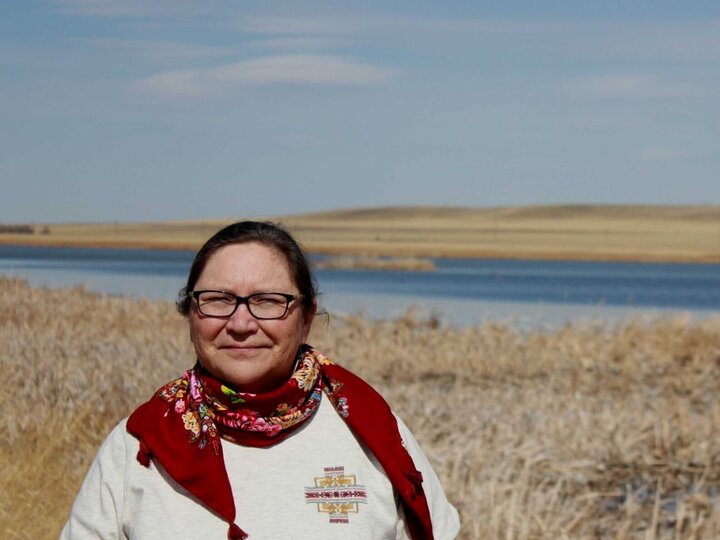
Quincy Vagell: Storm chasing
Vagell is a meteorologist and storm chaser who travels the country documenting and researching severe weather. Previously he worked as a meteorologist for The Weather Channel and doing on-air broadcasting for TV. Over the last decade, Vagell has visited all but a handful of counties in the Great Plains.

Carson Vaughan: Great Plains Journalism
Carson Vaughan is the author of "Zoo Nebraska" and a journalist who covers the Great Plains region. His recent works include covering the October 2022 Bovee Fire at the Nebraska National Forest Bessey Ranger district and writing about author Mari Sandoz.
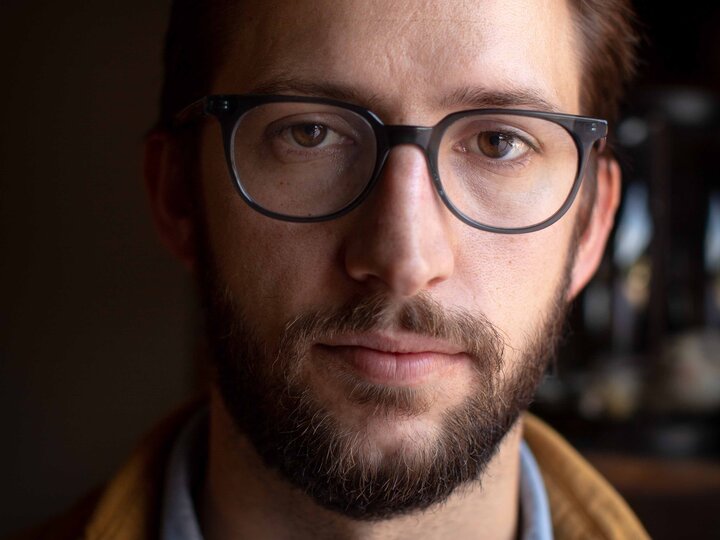
John Wunder: Prose Poetry
John Wunder, Emeritus Professor of History and former Director of the Center for Great Plains Studies, talks about his creative prose poetry and growing up in the region. We talked with Professor Wunder and asked him to share a poem about Great Plains tornadoes.
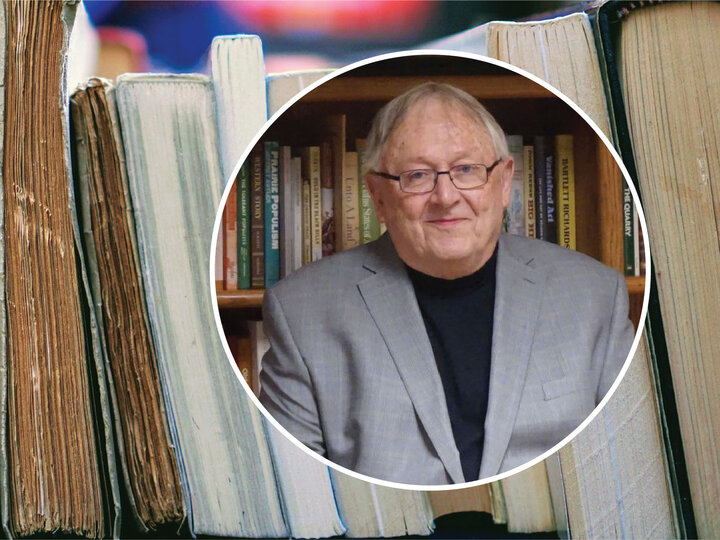
Taylor Brorby: Boys and Oil
Taylor Brorby is the author of Boys and Oil: Growing Up Gay in a Fractured Land (2022) and co-editor of Fracture: Essays, Poems, and Stories on Fracking in America. He regularly speaks around the country on issues related to extractive economies, queerness, disability, and climate change. He is the Annie Tanner Clark Fellow in Environmental Humanities and Environmental Justice at the Tanner Humanities Center at the University of Utah.
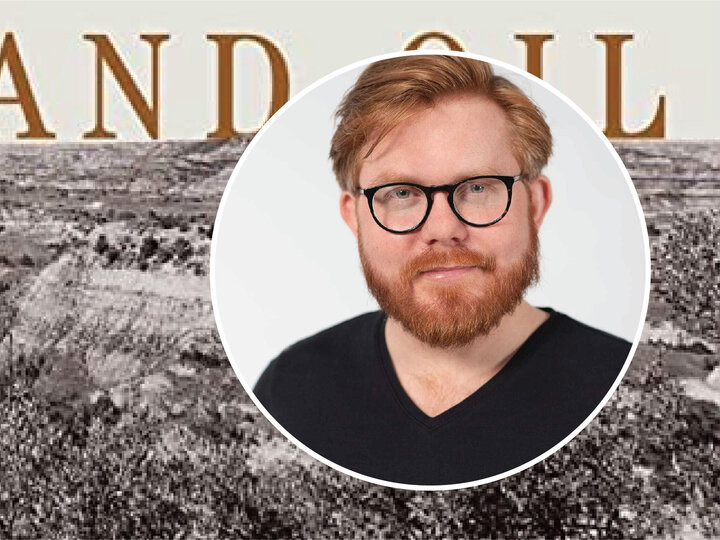
Ted Hibbeler: UNL's Indigenous Garden
Ted Hibbeler, Tribal Extension Educator at UNL and a member of the Iron Shell family from the Rosebud Sioux Nation in South Dakota. Through the Native American Coalition, Hibbeler is working with the Nebraska Tribal communities and schools in the areas of food sustainability, economic development, career development, conservation and leadership.
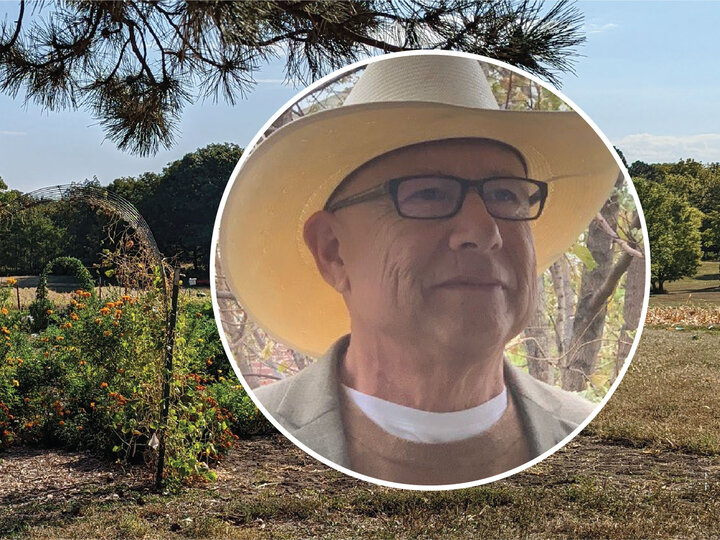
Alaina Roberts: Black Freedom on Native Lands
Dr. Roberts is the winner of the 2022 Stubbendieck Great Plains Distinguished Book Prize for I've Been Here All the While: Black Freedom on Native Land, (University of Pennsylvania Press, 2021). Roberts is an Assistant Professor of History at the University of Pittsburgh who studies the intersection of Black and Native American life from the Civil War to the modern day.
Video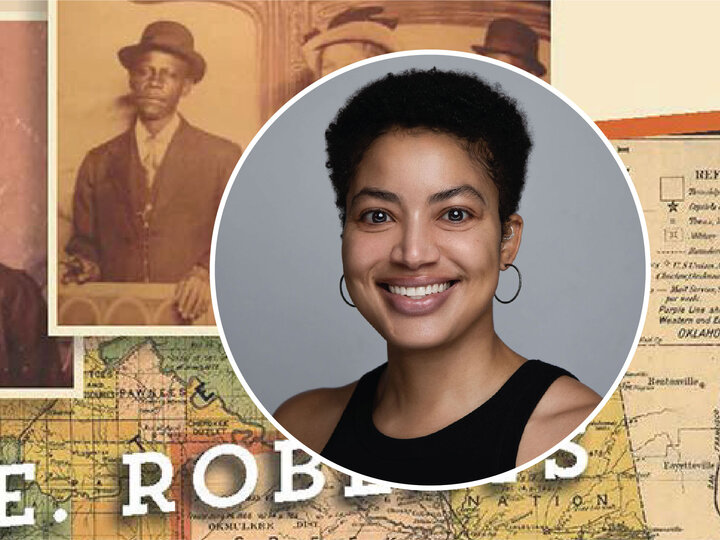
John O'Keefe: The Last Prairie
O'Keefe is a professor of Theology and Journalism at Creighton University and the documentary filmmaker behind the film The Last Prairie. The film examines Nebraska's Sandhills through the perspectives of ecologists, the people who live and work there, and the Lakota people whose ancestors were driven off the land. The Center screened the film on March 30, 2023.
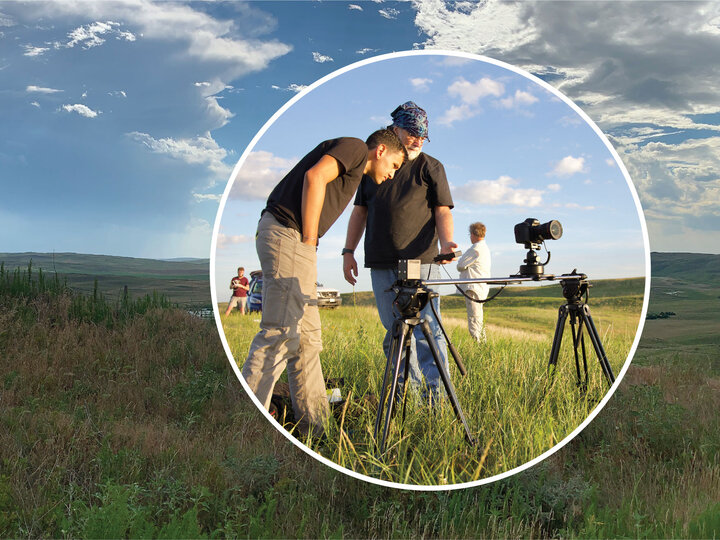
Beth Dotan: Nebraska Holocaust Survivors and World War II Veterans
A Ph.D. candidate in Teaching, Learning, and Teacher Education at UNL, Dotan helps lead a multidisciplinary digital humanities project to document and the tell the stories of Nebraskans during World War II.
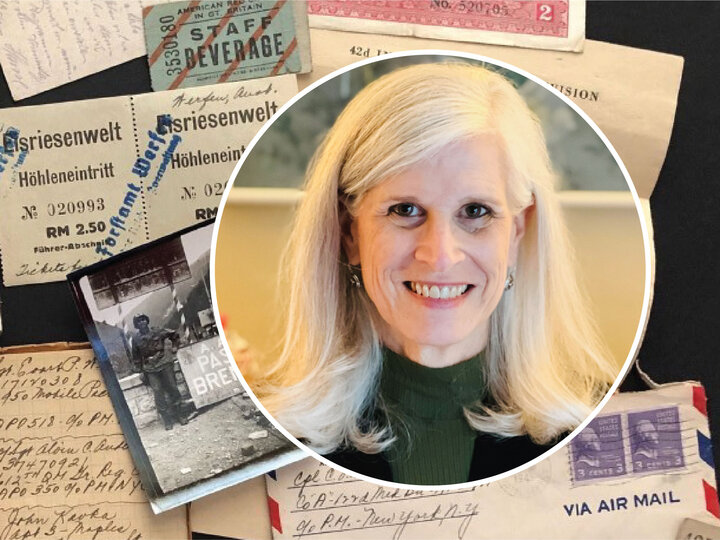
Kalenda Eaton and Heidi Dodson: Black Homesteaders in Oklahoma
Dr. Eaton and Dr. Dodson talk about their work to tell the stories of black homesteaders in Oklahoma. Dr. Eaton is the Director of Oklahoma Research for the Black Homesteaders Project and an Associate Professor of African & African American Studies at the University of Oklahoma. Dr. Dodson is a Postdoctoral Fellow with the Black Homesteaders Project.
Video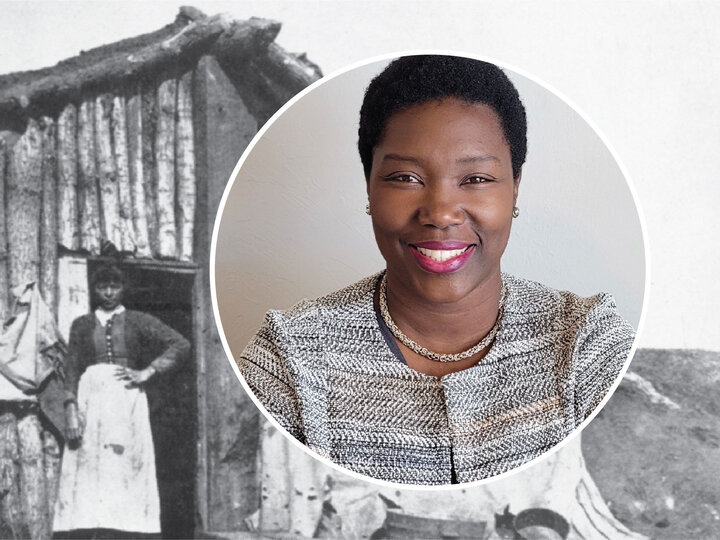
RSS feed: https://anchor.fm/s/36b0d73c/podcast/rss
| Brian M. Kelly: Missile Silos | Kelly, licensed architect and Associate Professor of Architecture at UNL, talks on his research into underground missile silos in the Great Plains during the 1960s. | Video | Podcast |
| David Vail: Cold War Agricultural History | In this episode, we talk with Dr. David Vail, associate professor of history at the University of Nebraska at Kearney who specializes in environmental and agricultural history. | Video | Podcast |
| Deb Echo-Hawk & Ronnie O'Brien: Pawnee Seed Preservation Project | For this episode of Great Plains Anywhere, we're sharing a portion of an interview from the multimedia project Reconciliation Rising. "Deb Echo-Hawk is the Keeper of the Seeds for the Pawnee Nation of Oklahoma. Ronnie O’Brien is a passionate gardener and former manager of the Great Platte River Road Archway Monument in Kearney, Nebraska. In 2003, Ronnie called Deb to see if the Pawnee would grow a garden at the Archway Monument. That hour-long phone call led to the Pawnee Seed Preservation Project, a thriving program in which Pawnees and Nebraska settlers are growing corn together in dozens of gardens throughout Nebraska." | Podcast |
| Uncovering the Hidden History of Genoa Indian School | In this panel, team members from the Genoa Indian School Digital Reconciliation Project and community members share the lasting impact of the Genoa Indian Boarding School in Nebraska. Panelists: Judi gaiashkibos (Ponca), Executive Director, Nebraska Commission on Indian Affairs; Dr. Rudi Mitchell (Omaha Indian Nation of Nebraska and Iowa), professor emeritus, Native American Studies, Creighton University; Dr. Margaret Jacobs, Project Co-Director; Dr. Susana D. Grajales Geliga (Lakota and Taino), Project Co-Director; Dr. Elizabeth Lorang, Project Co-Director | Video | Podcast |
| Craig Allen and Walt Schacht: Rangeland | In this episode, we spoke with Dr. Craig Allen, Director of the new Center for Resilience in Agricultural Working Landscapes, and Dr. Walt Schacht, Interim Director of the Center for Grassland Studies. Together, the two centers are working with landowners to research and test out the viability of rangeland management techniques, especially in the Sandhills. In this interview, they discuss how they work with landowners, myths about the Sandhills, and the concept of resilience in a landscape. | Video | Podcast |
| Leo Killsback: 2021 Stubbendieck Great Plains Distinguished Book Prize winner | Dr. Leo Killsback gave a talk at the Center for Great Plains Studies as the winner of the 2021 book prize. He is an associate professor in the Department of Native American Studies at Montana State University who specializes in indigenous governance, traditional law, sovereignty, and treaty rights. | Video | Podcast |
| Lucas Bessire: "Running Out: In Search of Water on the High Plains" | In this episode, we spoke with Dr. Lucas Bessire, an Associate Professor of anthropology at the University of Oklahoma. Before joining the faculty at Oklahoma, Bessire earned a doctorate in anthropology from New York University. His family has been in Kansas for five generations, and his recent work turns toward this home connection with the Great Plains with his new book: Running Out: In Search of Water on the High Plains, published by Princeton University Press. | Video | Podcast |
| Melissa Homestead on Willa Cather and Edith Lewis | Dr. Melissa Homestead's new book "The Only Wonderful Things: The Creative Partnership of Willa Cather and Edith Lewis" reconstructs the life Cather and Lewis led together through Homestead's in-depth research. | Video | Podcast |
| Julie Shaffer: Ticks in the Great Plains | Dr. Julie Shaffer is professor and chair in Biology at the University of Nebraska at Kearney. Shaffer's recent research involves assessing tick-borne diseases in central Nebraska and the recent changes in these disease patterns. | Video | Podcast |
| A Crane Conversation | A virtual exploration of the exhibition: "The Great Migration: A Celebration of Sandhill Cranes in Nebraska" with Great Plains Art Museum Curator/Director Ashley Wilkinson, artist Jude Martindale, and Spring Creek Prairie Audubon Center Sr. Education Manager Jason “the Birdnerd” St. Sauver. | Video |
| Mid-Americana Podcast | We spoke with Brian Campbell, the Executive Director of the Iowa Environmental Council and Josh Dolezal, professor of English at Central College in Iowa. They're the team behind "MidAmericana: Stories from a Changing Midwest" -- a podcast project that explores the history and identity of the Greater Midwest through the lives and stories of individuals. | Video | Podcast |
| Danelle Smith: Covid-19 Responses | The Center spoke with Danelle Smith, CEO of the Winnebago Comprehensive Healthcare System. Early on in the Covid-19 pandemic, the Winnebago Tribe of Nebraska formed a comprehensive, interdisciplinary task force to respond to the needs of the community. | Video | Podcast |
| Pekka Hämäläinen: Book Prize winner | In this lecture, author Pekka Hämäläinen, talks about his book: Lakota America: A New History of Indigenous Power from the Yale University Press, which won the 2020 Stubbendieck Great Plains Distinguished Book Prize. Hämäläinen is Rhodes Professor of American History at St. Catherine's College at the University of Oxford. | Video | Podcast |
| Linda Black Elk: Indigenous Foods During a Pandemic | In this interview, we talk with Linda Black Elk about a renewed connection to indigenous foods, community action, and health during a pandemic. Black Elk is the Food Sovereignty Coordinator at United Tribes Technical College in North Dakota and an ethnobotanist specializing in traditional foods of the Great Plains. | Video | Podcast |
| Judy Wu-Smart: The Bee Lab | In this interview, we tour the UNL Bee Lab with Dr. Judy Wu-Smart, Assistant Professor and extension and research entomologist. Wu-Smart has been the director of the Bee Lab since 2015 and is committed to developing pollinator programs to help beekeepers, scientists, policy makers, and land managers understand bee health and their interactions with the environment. | Video | Podcast |
| Will Avilés: Meatpacking Activism | In this interview, we speak with Dr. Will Avilés, professor and chair of political science at the University of Nebraska at Kearney where his fields are comparative politics and Latin American politics. Since the COVID-19 pandemic, he has been working with community activists and families from the meatpacking industry, an industry that has recently garnered national headlines related to COVID-19 cases and working conditions. | Video | Podcast |
| Ken Dewey: Great Plains Weather | Blizzards! Wind! Tornadoes! UNL Professor Emeritus Ken Dewey talks about why the Great Plains has such extreme weather and shares some events that best illustrate this weather. Dewey is the author of Great Plains Weather, part of the Discover the Great Plains series from the Center for Great Plains Studies and University of Nebraska Press. | Video | Podcast |
| Joel Green: Robber's Cave | In this interview, we speak with tour guide Joel Green, author of Robber's Cave: Truths, Legends, Recollections, which won a 2019 Nebraska Book Award. Green explains the cave's topography, history, and uses. | Video | Podcast |
| New Center Director Margaret Jacobs | The first entry in the "Great Plains: Anywhere" series is an interview with the new director for the Center for Great Plains Studies, Margaret Jacobs, Chancellor's Professor of History at the University of Nebraska-Lincoln. For more information on her projects, visit Reconciliation Rising. | Video | Podcast |
